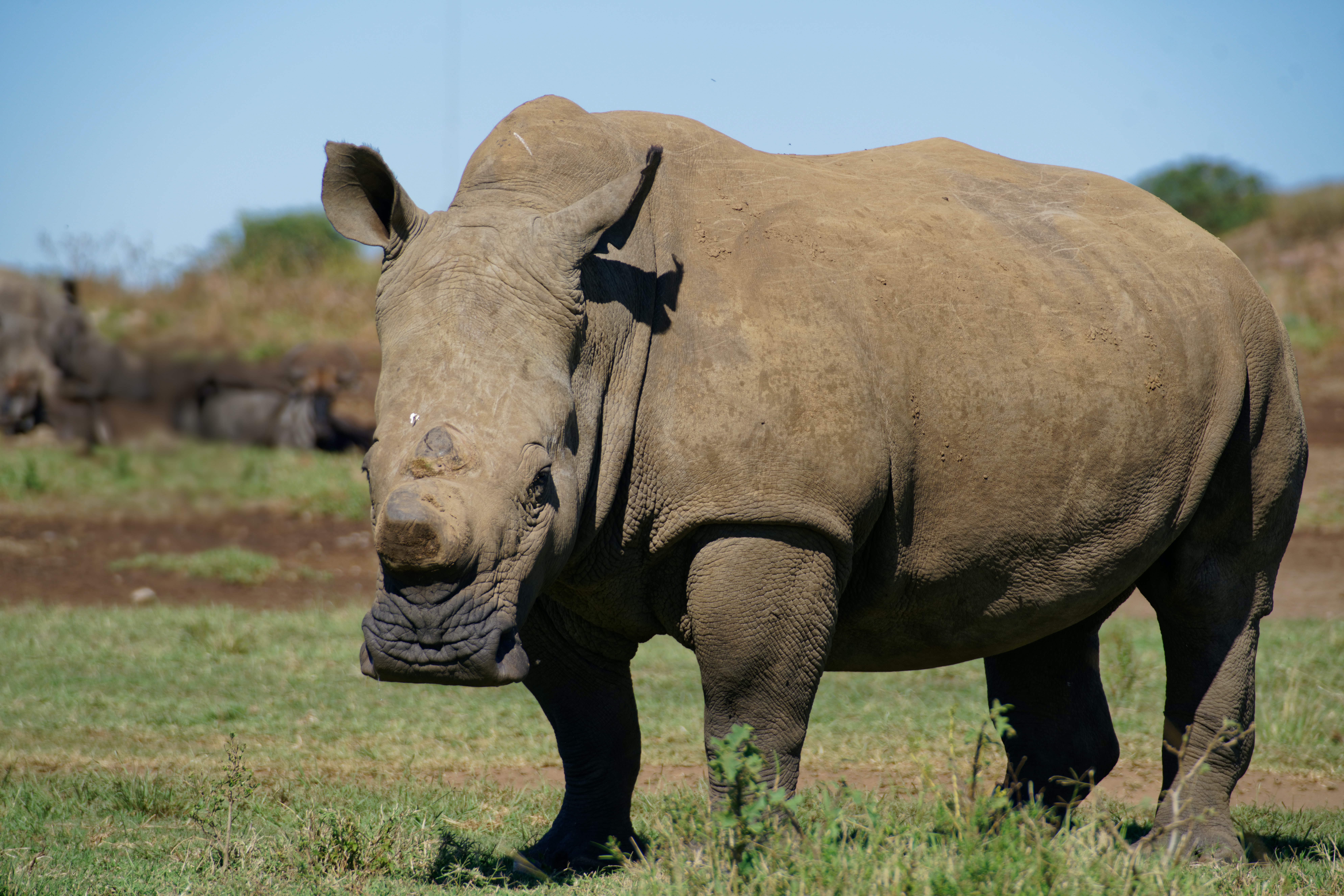We present below the first self-reflection exercise: a wildlife dilemma which has to do with stewardship of our planet – and the idea of doing no harm which is the core of ethical behaviour.
The dilemma we face is regarding the rhino species. Rhinos became endangered due to habitat loss and illegal wildlife trade and this then exacerbated what would become the trading of the rhino horn and their poaching – largely due to poverty in Africa combined with wealth in countries where rhino horn could be sold and used. In some Asian countries, like Vietnam and China, the horn is used today in folk remedies. Thus, this magnificent animal became critically endangered due to the rise in demand for the rhino horn but this would not have been so if there hadn’t been a study or curiosity about the rhino and its features in the first place.
So my question would be whether the knowledge gained from researching rhinos – and their potential for wildlife trade - caused them to be known widely and as a result the popularity for their horns grew. Only then did they become an endangered species. When a species is endangered there is a dilemma as there are people driven by greed - or the need to possess something rare - which then has value because of its rarity. But in the first place – should we have been researching wildlife and making the value of the horn known? Has our research led to the exploitation of this magnificent creature?
